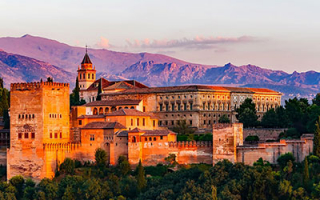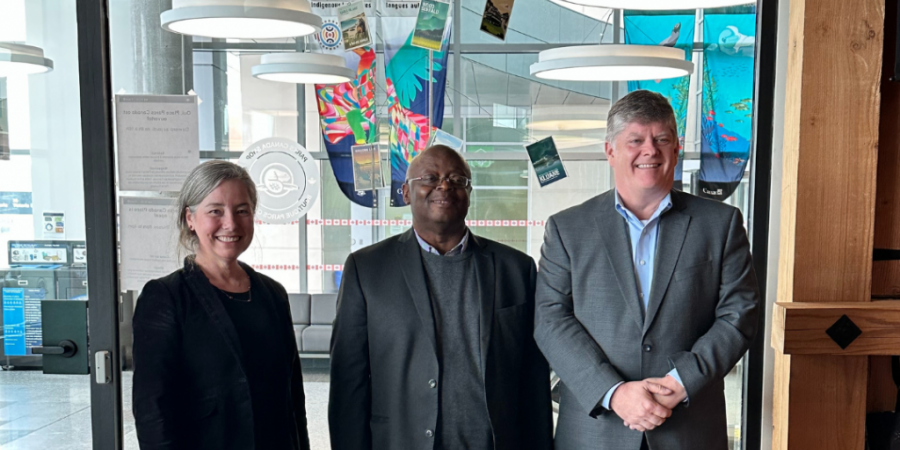La Seconda Guerra mondiale ha mietuto più vittime di qualsiasi altra guerra nella storia, cancellando una grande quantità di beni culturali che contraddistinguevano le comunità nelle quali erano inseriti, tra cui diverse città storiche d'Europa.
All'indomani della guerra, il mondo aveva bisogno di un'istituzione dedicata alla conservazione, alla salvaguardia e al restauro di quanto l'umanità aveva saputo distruggere. In risposta, l'UNESCO creò l'ICCROM e scelse Roma come quartier generale. Patria dell'ICCROM e beneficiaria dei suoi primi sforzi, l'Europa è una regione con cui l'organizzazione ha sempre intrattenuto dei legami molto stretti, e che ha dovuto altresì svolgere un ruolo importante nel settore della conservazione.
Sessant'anni dopo, l'umanità deve fare nuovamente fronte a sviluppi catastrofici su larga scala, sfollamento di massa di persone, conflitti ormai radicati e un clima sempre più inasprito. Tutto questo mina la conservazione del patrimonio culturale. L'Europa si trova nuovamente in una posizione che le consente di trarre vantaggio dagli sforzi dell'ICCROM e, al contempo, di sostenerla. Questo non solo perché le forze demografiche, politiche e climatiche agiscono all'interno o in prossimità dei suoi confini, ma anche perché l'Europa è in grado di svolgere un ruolo più universale nell'attuazione del cambiamento, essendone responsabile.
L'ICCROM è desiderosa di impegnarsi in un'Europa che sfrutti tutte le sue risorse, le sue esperienze e il suo know-how diplomatico per plasmare società inclusive e impegnate. L'Europa può assumere un ruolo guida nell'inclusione effettiva dei rifugiati in cerca di sicurezza, integrando le culture che essi recano con sé nella sua. L'Europa può dimostrare che prendersi cura della cultura significa prendersi cura delle persone intese come patrimonio culturale e genera coesione, comprensione e persino opportunità economiche. E quando l'Europa estende questo lavoro oltre i propri confini, può dimostrare come le conseguenze della diplomazia culturale rendano le nazioni più stabili, inclusive e giuste, costruendo quindi un mondo migliore.



